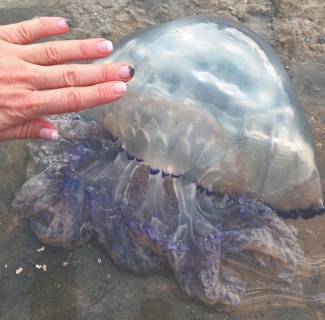
The allure of water is a powerful magnet for travelers worldwide. From serene lakes to the vast expanse of the ocean, waterside destinations promise relaxation and escape. Yet, beneath the tranquil surface of an idyllic vacation often lie unforeseen challenges that can turn a dream trip into a cautionary tale, teaching potent lessons in awareness and cultural navigation.
Consider a tranquil lakeside evening in the Russian wilderness. As the sun sets, painting the sky in brilliant colors, a peaceful dinner can quickly descend into chaos. This is the moment when swarms of mosquitoes emerge, transforming a scenic meal into a frantic battle. They swarm food, drinks, and any exposed skin, forcing a hasty retreat. The lesson is simple but often overlooked: nature operates on its own schedule, and travelers are wise to adapt, perhaps by dining after twilight when the insect onslaught has subsided.
The dangers are not always so numerous. On the sun-drenched coast of Southern Spain, a single encounter with a large jellyfish can result in a painful, whip-like sting. In such moments, the well-intentioned advice of fellow beachgoers—often suggesting a rinse with fresh water—can be disastrously wrong. Medical professionals will confirm that fresh water can intensify the sting by activating more venom cells. This highlights a critical rule for international travel: when faced with a medical issue, seek professional help rather than relying on folk remedies or crowd-sourced advice, which can significantly worsen the situation.
Culinary exploration is a highlight of international travel, but it too carries risks, both physical and financial. A seemingly innocent indulgence in a local delicacy, such as a generous portion of ‘almejas’ clams in Spain, can lead to an unexpected and severe protein overload. The resulting symptoms—a racing heart, cold sweats, and extreme weakness—serve as a stark reminder to approach unfamiliar foods with moderation, no matter how delicious they appear.
The financial side of dining abroad can be just as treacherous. On the French Riviera, the quest for an authentic bouillabaisse can lead to a startling discovery. Without carefully consulting the menu, a simple, relaxed nod to a waiter’s query—’With lobster?’—can elevate a modest dish into a theatrical, multi-course spectacle costing over €400. This kind of ‘tourist trap’ is a classic lesson in due diligence, underscoring the absolute necessity of always reading the menu and confirming prices before ordering, especially when a local points you to a ‘special’ spot.
These experiences, from battling insects to deciphering menus, are more than just vacation mishaps. They are potent lessons in navigating the complexities of the world. The successful global traveler understands that an enriching journey requires not just a passport, but also a sharp sense of awareness, a respect for local customs—such as the strict midday closing hours of French restaurants—and the wisdom to know when to be adventurous and when to be cautious. Ultimately, navigating these hidden risks is what transforms a simple tourist into a seasoned globetrotter.
